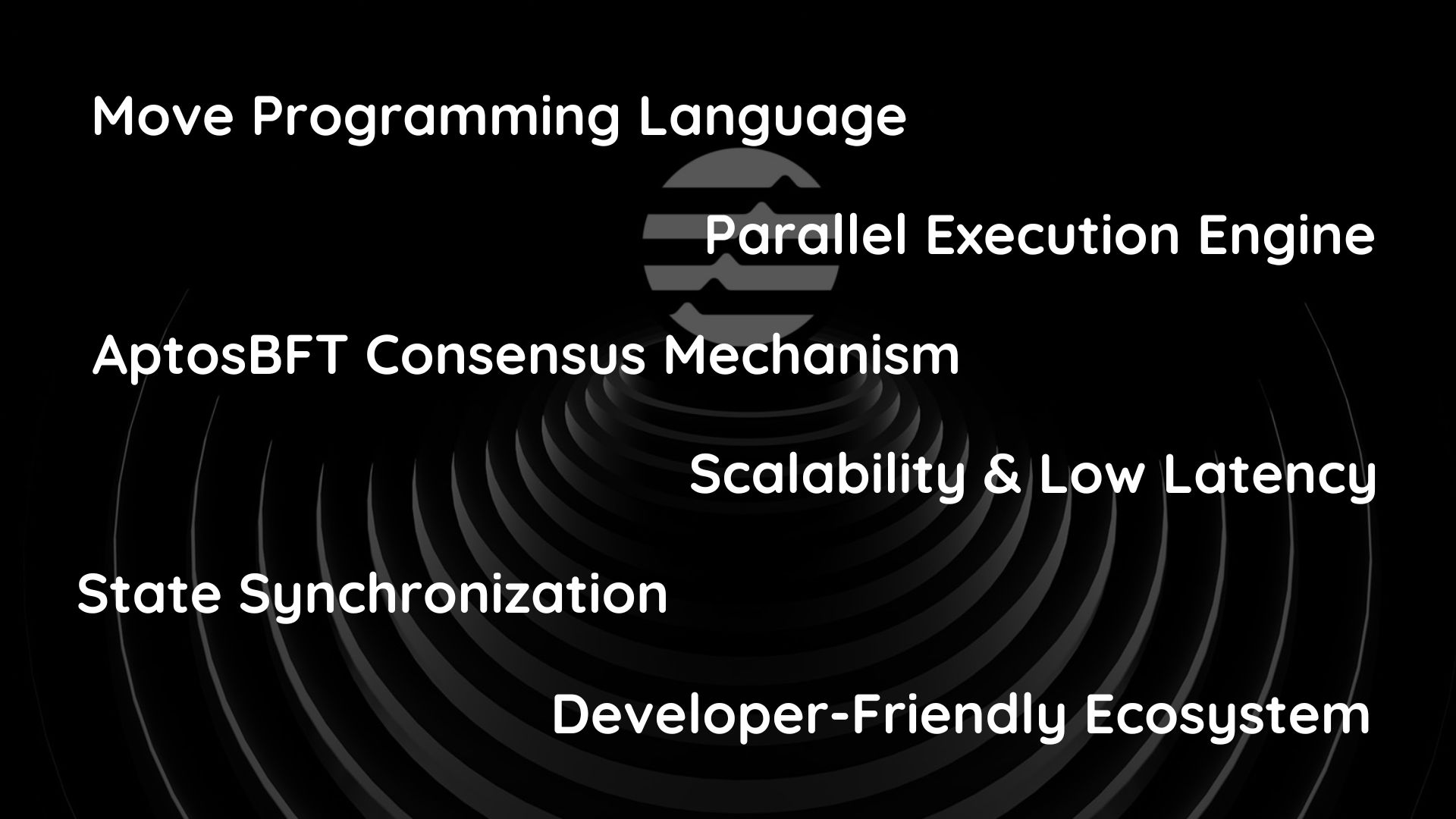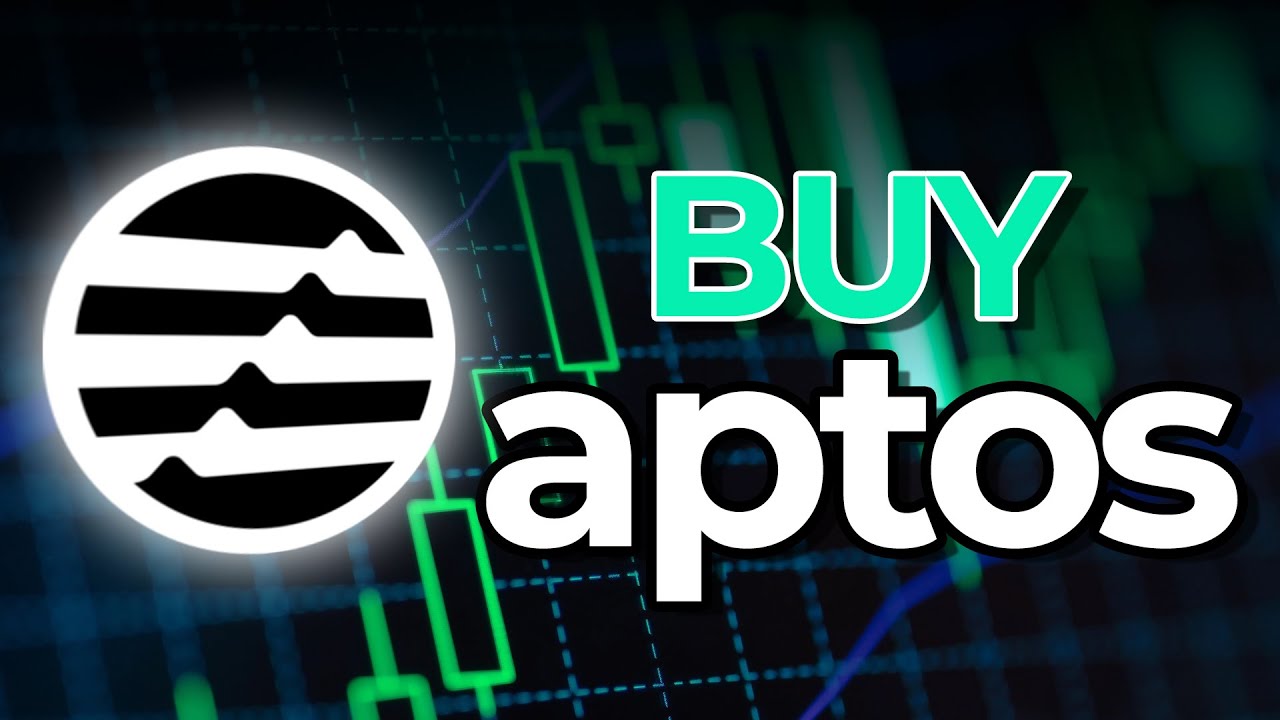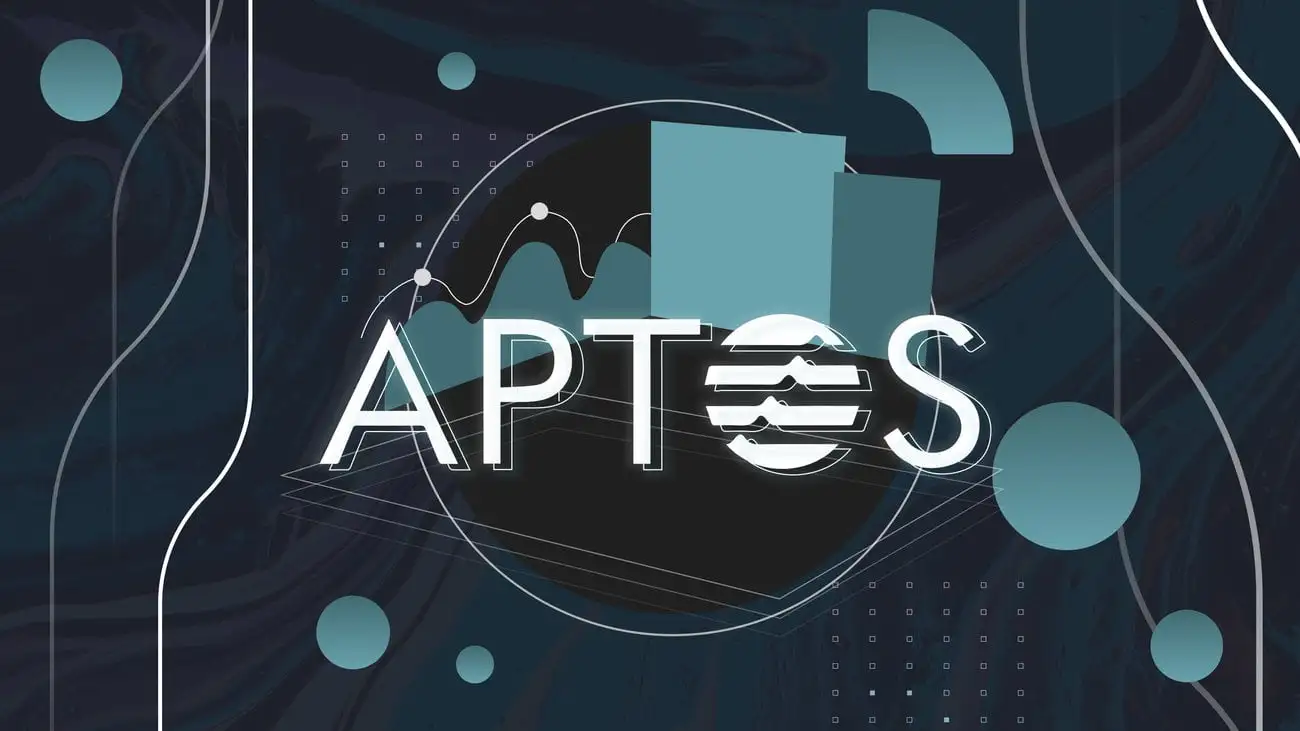The blockchain space continues to evolve rapidly, with new projects constantly emerging to address key issues like scalability, security, and user experience. One project that has generated significant attention is Aptos, which has positioned itself as a high-performance Layer 1 blockchain capable of solving the inherent limitations faced by many of its predecessors. Aptos aims to bring unprecedented speed, scalability, and security to the blockchain ecosystem.
In this comprehensive guide, we’ll explore what is Aptos, how to buy Aptos (APT) tokens, and how it compares to its competitor, the Sui Blockchain. Whether you’re an investor looking for new opportunities, a developer seeking to build on a cutting-edge platform, or a blockchain enthusiast trying to understand the next big project, this article will break down the essential details of Aptos and its place in the evolving blockchain industry.
What is Aptos?
Aptos is a next-generation Layer 1 blockchain that seeks to improve the scalability and security of decentralized applications (dApps) by using a unique combination of technologies. Built on the Move programming language, Aptos was developed by former Meta (formerly Facebook) engineers, who initially worked on the Diem blockchain project. After Diem was abandoned, these engineers pivoted to create Aptos to continue their vision of a secure and scalable blockchain for the future.
Key Features of Aptos
-
Move Programming Language: Aptos uses the Move programming language, originally designed for Meta’s Diem project. Move is a Rust-based smart contract language designed with safety, flexibility, and performance. Its design prioritizes security by preventing common smart contract vulnerabilities and offering developers a clean and modular way to build on the platform.
-
Parallel Execution Engine: Unlike traditional blockchains that execute transactions sequentially, Aptos uses a parallel execution engine. This allows multiple transactions to be processed simultaneously, significantly increasing the speed and efficiency of the network. This feature is especially useful for handling high throughput in DeFi applications and NFT marketplaces.
-
AptosBFT Consensus Mechanism: Aptos leverages a unique Byzantine Fault Tolerance (BFT) variant called AptosBFT. This mechanism enables secure and efficient transaction processing by ensuring that the network can maintain consensus even in the presence of faulty or malicious nodes.

-
Scalability & Low Latency: Aptos aims to scale massively by supporting up to 100,000 transactions per second (TPS), significantly reducing congestion and gas fees. Its architecture is designed to process these transactions quickly and with low latency, making it suitable for real-time applications like gaming and decentralized finance (DeFi).
-
State Synchronization: Aptos introduces a novel state synchronization mechanism that ensures quick node synchronization across the network. This helps keep the blockchain decentralized while reducing the time it takes for new nodes to join the network and sync with the current state.
-
Developer-Friendly Ecosystem: Aptos provides a suite of tools, APIs, and SDKs to make it easier for developers to build on the platform. The developer ecosystem includes everything from testnets to comprehensive documentation, aiming to foster adoption and innovation across various industries.
Aptos Use Cases
Aptos aims to serve as a high-performance blockchain across several critical sectors:
-
DeFi Applications: Aptos provides an ideal environment for building decentralized finance (DeFi) applications, offering fast transactions and low fees, both of which are key requirements for DeFi adoption.
-
NFT Marketplaces: The security features of the Move language make Aptos a secure and scalable option for hosting NFT platforms, enabling smooth trading experiences for creators and collectors alike.
-
Gaming Industry: Aptos’ parallel execution allows game developers to incorporate complex and real-time on-chain mechanics, opening up new possibilities for on-chain gaming and metaverse experiences.
-
Enterprise Blockchain Solutions: Businesses can adopt Aptos for their enterprise blockchain solutions, benefiting from its scalability, security, and ability to support a high throughput of transactions.
For further information, you can visit the official Aptos website for detailed technical and ecosystem-related insights.
How to Buy Aptos (APT)?
If you’re interested in purchasing Aptos (APT), here is a detailed step-by-step guide on how to do so:
Step 1: Choose a Cryptocurrency Exchange
Aptos (APT) is available for trading on a variety of both centralized exchanges (CEXs) and decentralized exchanges (DEXs). Popular options include:
- Binance (https://www.binance.com)
- Coinbase (https://www.coinbase.com)
- KuCoin (https://www.kucoin.com)
- OKX (https://www.okx.com)
Ensure that the exchange is available and supported in your country before proceeding to avoid any location-based restrictions.
Step 2: Create an Account & Complete KYC
After choosing an exchange, sign up for an account. Most exchanges will require you to complete a KYC (Know Your Customer) verification process, which may involve submitting identification documents like a passport or driver’s license to confirm your identity.
Step 3: Deposit Funds
To buy Aptos, you need to deposit funds into your exchange account:
- Fiat Option: Deposit USD, EUR, or other supported fiat currencies via bank transfer, credit/debit card, or third-party payment providers.
- Crypto Option: Deposit BTC, ETH, or USDT to swap for APT tokens.
Step 4: Buy Aptos (APT)
Once your account is funded, search for the APT trading pair (e.g., APT/USD, APT/BTC) on the exchange. You can either place a market order (instant purchase) or a limit order (set your desired price). After confirming the transaction, wait for the exchange to process it.

Step 5: Store Your Aptos Securely
To ensure the security of your APT tokens, it’s recommended to transfer them to a secure wallet.
- Software Wallets: Trust Wallet, MetaMask (via Aptos integration), Martian Wallet.
- Hardware Wallets: Ledger, Trezor (ensure compatibility with Aptos before use).
- Custodial Wallets: If you prefer leaving your funds on an exchange, make sure to use strong security measures like two-factor authentication (2FA) and enable withdrawal whitelists to enhance security.
For a more detailed guide, visit the Aptos Documentation.
Aptos vs. Sui Blockchain: Key Differences
Both Aptos and Sui Blockchain are Layer 1 projects developed by former Meta engineers, and they share several features. However, there are notable differences that set them apart:
Technology & Programming Language
- Aptos: Utilizes Move, a programming language optimized for security and flexibility.
- Sui: Also uses Move, but focuses on an object-based model to manage assets and states, allowing for more intuitive handling of complex data.
Scalability & Performance
- Aptos: Uses a parallel execution engine for high transaction throughput, with a target of over 100,000 TPS.
- Sui: Utilizes a DAG-based (Directed Acyclic Graph) consensus model, specifically the Narwhal and Bullshark protocols, to ensure ultra-low latency and high-speed transaction finality.
Security & Consensus Mechanism
- Aptos: Implements AptosBFT, a customized Byzantine Fault Tolerance (BFT) protocol, to achieve secure and reliable consensus.
- Sui: Employs a Delegated Proof-of-Stake (DPoS) consensus mechanism that offers flexibility in transaction speeds and allows for high-speed finality.
Ecosystem & Adoption
- Aptos: Backed by major venture capital firms like a16z, Binance Labs, and FTX Ventures, Aptos has attracted a wide range of developers and ecosystem partners.
- Sui: Developed by Mysten Labs, Sui has gained strong support from prominent investors and is rapidly building a vibrant ecosystem, particularly in gaming and NFTs.

Developer & Community Support
- Aptos: A growing number of developers are building on Aptos, drawn to its security features and robust development tools.
- Sui: Sui’s object-based model makes it a compelling choice for developers working in industries like gaming and NFTs, where rapid, low-cost transactions are crucial.
Which One is Better?
- For Developers: Aptos offers a more modular and secure environment, which may be appealing for developers focused on security and scalability.
- For Speed & Latency: Sui excels in ultra-low latency and high-speed transaction finality, making it ideal for real-time applications.
- For Investors: Both projects have strong backing, but the long-term success of each will depend on ecosystem adoption, technological advancements, and community support.
For more comparisons, visit Aptos’ Official Blog and Sui’s Developer Portal.
Conclusion
Aptos is a promising new player in the blockchain space with a focus on high scalability, strong security, and developer-friendly features. If you’re interested in buying Aptos, ensure you follow best practices by using reputable exchanges and secure wallets.
In the battle between Aptos and Sui, each platform offers unique features that make it attractive for specific use cases. Aptos is ideal for developers prioritizing security and scalability, while Sui’s low-latency architecture is great for ultra-fast applications like gaming.
As the blockchain space continues to evolve, both Aptos and Sui represent cutting-edge technologies with the potential to shape the future of decentralized applications.

